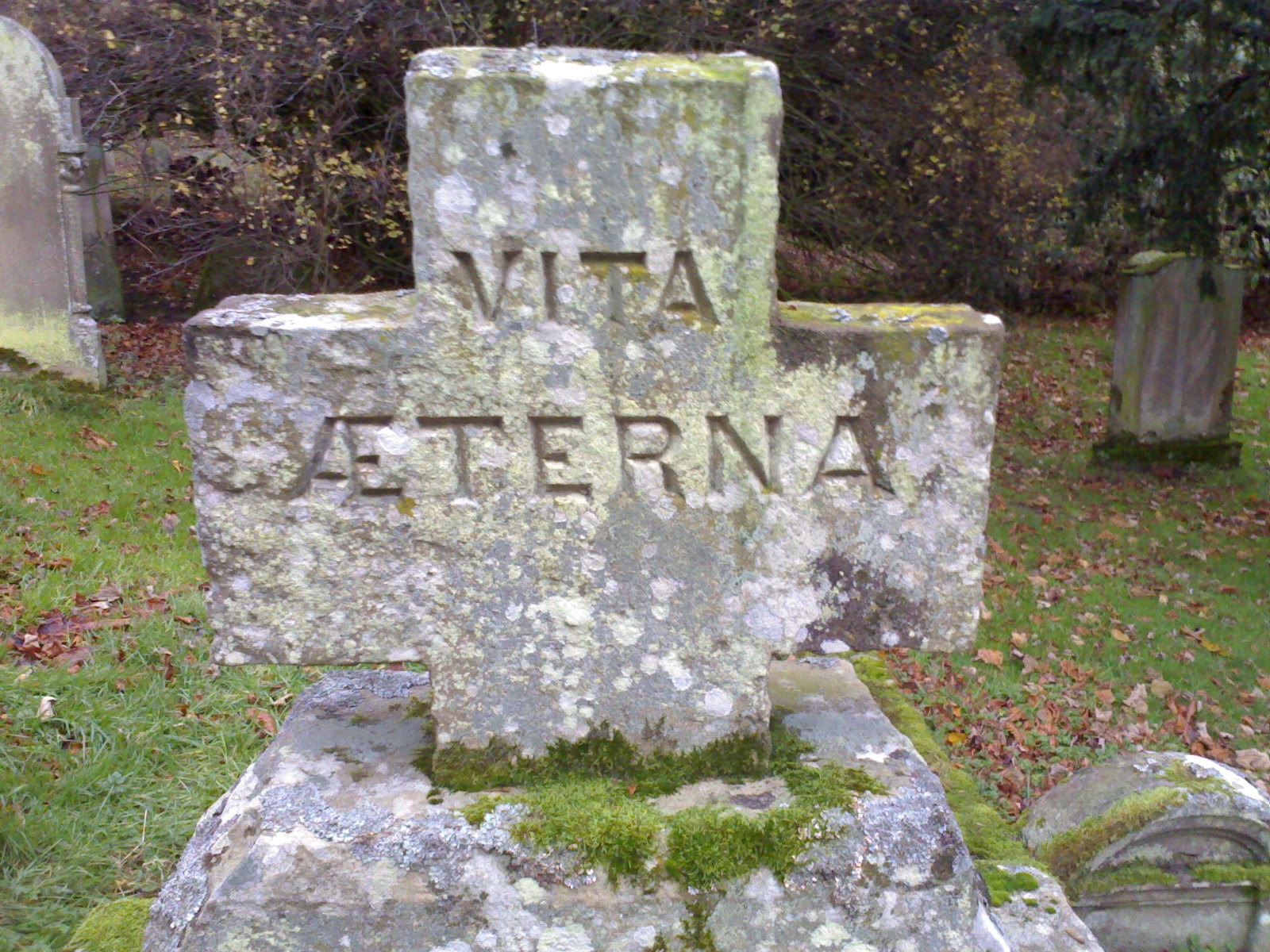For the last several years I’ve been researching a topic with important personal and vocational implications for me and people like me. I’ve called it my “good news” project elsewhere on EverydayEpics.com, and while it certainly explores theological ideas, it is not simply a theological project.

As I wrote late last year, “The existence of Everyday Epics is closely linked to my personal faith story, and by extension to the “gospel” or “good news” story told in the Hebrew Scriptures and the New Testament. The “good news” project is a partly personal, partly professional effort to understand the context and appeal of that particular message, of what we think of as “good news” in today’s media-driven world, and of “story” in general.”
I’m not completely sure why I’ve waited so long to post what I’ve learned and am learning from this project. Probably I haven’t because I tend to over-write and over-edit, but if I’m honest with myself, and I try to be (sometimes), if I wait until I have this topic all figured out I’ll never start writing about it at all.
Top-level questions
Some of the questions I’ve been asking include: What is the “good news” really, and how does it fit within the overall narratives of the Hebrew Scriptures and the New Testament? How do questions of life and death fit into it? What does the life of Jesus of Nazareth have to do with it? Does the “good news” intersect with the story of tangible need in the world around us? If so, how and where and when? How should people, both inside and outside of faith traditions, understand the common ground between the needs of their neighbors and the “gospel imperative”?
Street-level questions
I will say from the outset that I think there is a significant amount of overlap between the story of need and the “good news” message of Jesus of Nazareth, in particular. Again, this is not simply a theological matter. It certainly does affect how people of faith, including followers of Jesus, view themselves and their vocation in the world, but it also relates to questions people of all religious and non-religious backgrounds ask at one point or another during the regular course of their lives. For example, since people in tangible need are more visible at stoplights and street corners than they used to be, the rest of us are left asking ourselves: Should I help take care of these people? If so, how? What can one person really do when there are so many people who need help? Isn’t it the government’s job to help them? Or the neighborhood pastor’s job or the job of the local church’s outreach committee? Shouldn’t the non-profit sector be helping these people? Why don’t those people just stop drinking or doing drugs and get a job?
Where top-level and street-level meet
Surprisingly, these are ancient questions, and our modern responses to them often echo Cain’s ancient cry from Genesis 4, “Am I my brother’s keeper?” None of us want to be classified with a murderer, but if we’re honest, most of us struggle with the idea that we’re responsible on some level for the health and well being of our neighbors, especially our down-and-out neighbors. Many of the people I try to help in my role as a sort of community outreach coordinator/minister aren’t very grateful for the little help I’m able to provide. Even when they are grateful, their needs are often so constant and varied as to become overwhelming, so that I eventually find myself identifying with Cain in uncomfortable ways. Of course, I rarely attempt to walk in the shoes of people in need or to think about what my life would be like if other people, after having helped me in different ways for a while, had washed their hands of me.
Anyway, those are a few of the threads I plan to explore on this topic. I’ll probably start with some of my responses to the top-level questions, then address some of street-level ones. At some point, I hope to post a reading list for anyone interested in evaluating my thoughts and perspective on a more in-depth basis.
In the meantime, here is a link that might whet your appetite for this discussion.


